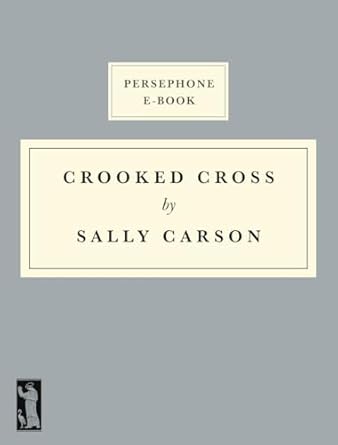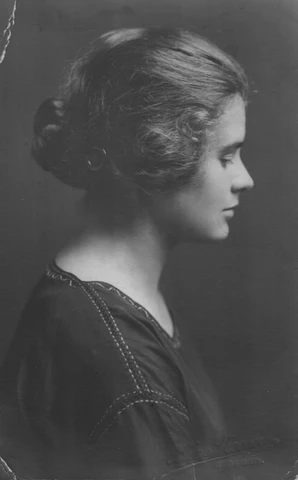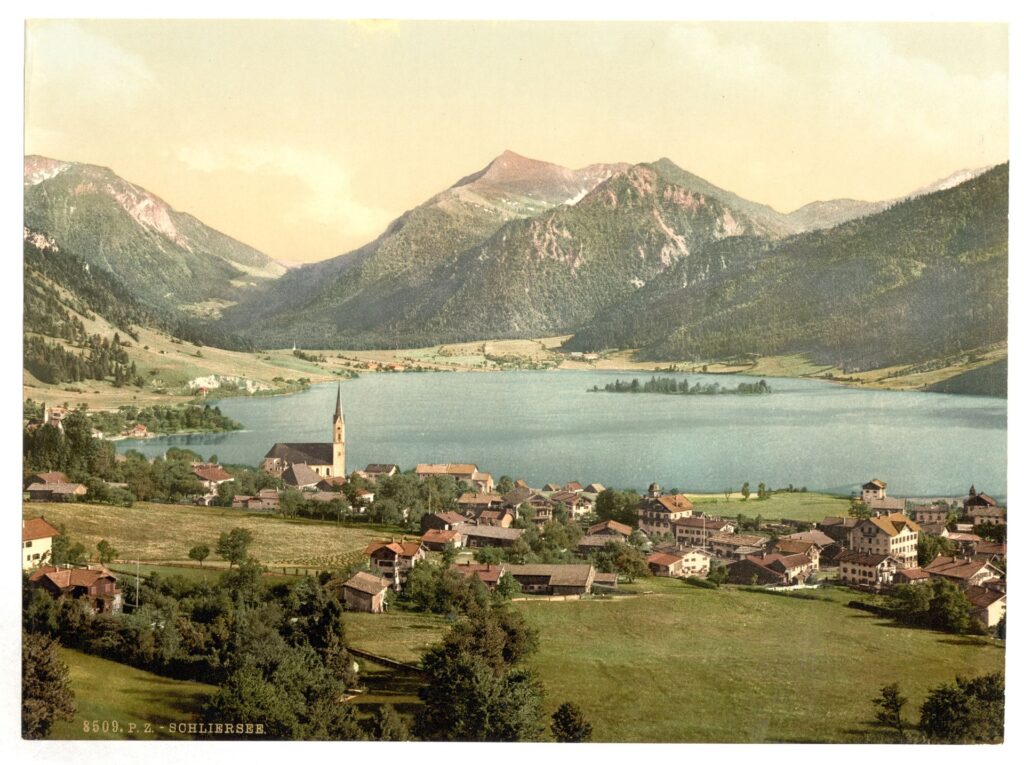Crooked Cross, Sally Carson, UK, 1934

Sally Carson, born in 1902, worked for a publisher in England and, in her late twenties and early thirties, spent her holidays in Bavaria, staying with German friends. An intelligent and observant woman, she was able to see the situation in Germany from an ‘outsider’s’ perspective; she could see what others could not, or refused to, see. Although focused on the early years of the Nazi Party, Crooked Cross could now be seen as describing the political scene globally (but especially in USA) almost 100 years later, and the fact that we seem to be turning history back to the 1930s shows how little we have managed to learn from past events.
Carson’s book shows how the majority of well-meaning, ordinary German citizens blindly followed Hitler, trusting him implicitly when he promised them work and bread. After years of hardship in the wake of WWI, these promises painted a wonderful life where Germany could shake off an imposed inferiority complex and, hopefully, rise to new heights. But, to achieve this utopia, it was necessary not only to band together but also to have someone to blame.
As a result of the Great War, German youth was floundering with no real prospects: there was no work, no ambition and no future. Hitler and the Nazi Party offered a solution, giving young people a sense of importance as they donned the Party uniform and performed the oftentimes senseless activities required by the Party. The insistence on symbolic routines and regulations united these people as they raised their arms in the Nazi salute or marched through the streets of their village, singing patriotic Nazi songs. Perhaps this had been sufficient to give young people a sense of meaning, but the Party had a more complicated agenda. The chasm between ‘them’ and ‘us’ had to be emphasised, and the Nazi Party explained to its new recruits how it was the ‘them’ – the Jews, the Communists, the non-Germans – who had caused the suffering, the hunger, the unemployment and the discord. The ‘them’ was beaten, humiliated and killed.

When the book opens, it is Christmas 1932 in a small village on the outskirts of Munich, and the Klugers, a normal German family, are happily celebrating the religious feast. Herr Kluger is proud of the fact that he received the Iron Cross during the war. Frau Kluger is a typical homebody wanting no more than her family’s happiness, but the two sons, Helmy and Erich, are bored, having been unable to find employment, and they are already beginning to eye the newly formed Nazi Party. Lexa, the middle child, about to be married to Moritz Weissmann, a Catholic doctor, is not particularly interested in Parties or politics, but in early 1933, when Hitler becomes Chancellor, the Nazi Party bursts into the limelight and the reality of national socialism can no longer be avoided.
With hate and discontent now given a legitimised outlet, anyone who does not fit the description of Aryan German becomes fair prey. To his concern, Moritz learns that because of his Jewish surname he is considered to be a Jew. He loses his position at the hospital and soon realises that his very life is in danger. Lexa wants him to leave the country, but his father – his only living parent – is old and blind and would never manage such a journey. Lexa, who is very close to her brother Helmy, finds herself torn between her family and her love for Moritz. When Helmy says to her: ‘First I’m a good Nazi – after that I’m your brother’, she is certain that it is Moritz who needs her more.

Carson’s habit of changing from third to second person in the middle of a paragraph (when referring to the same person) may be a little disconcerting at times, but the writing is on the whole beautiful and immediate. Set against a dark and troubling background, this is a sad and thought-provoking love story on at least two different levels – the obvious political level but also the personal level where Lexa is pulled between conflicting ideologies of those she loves the most. Whether the reader decides to view the book through the prism of political turmoil or that of personal heartache is irrelevant. This is an important book with a pertinent message, more especially in the present political climate.
Crooked Cross – first book of a trilogy – was followed by The Prisoner in 1936 and A Traveller Came By in 1938. The Prisoner will be republished by Persephone Books on 17 April 2026. My understanding was that The Prisoner and A Traveller Came By were to be published in the same volume in 2026, though that no longer seems to be the case.